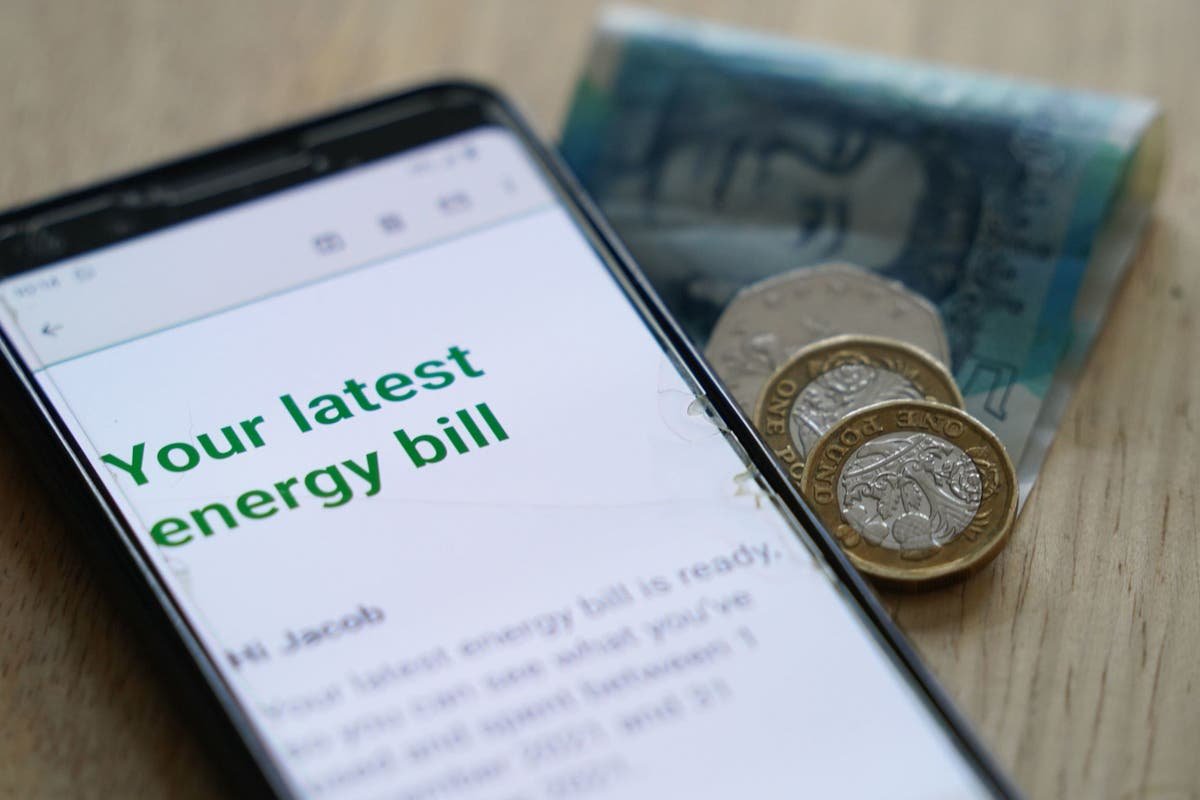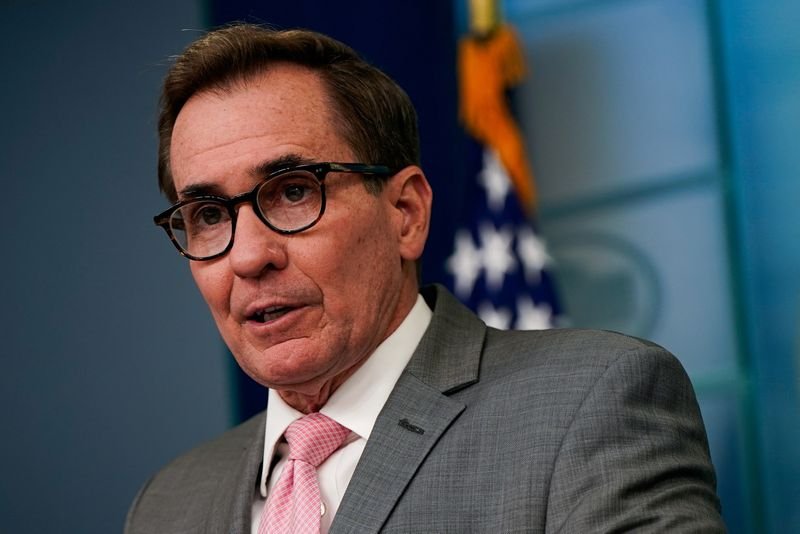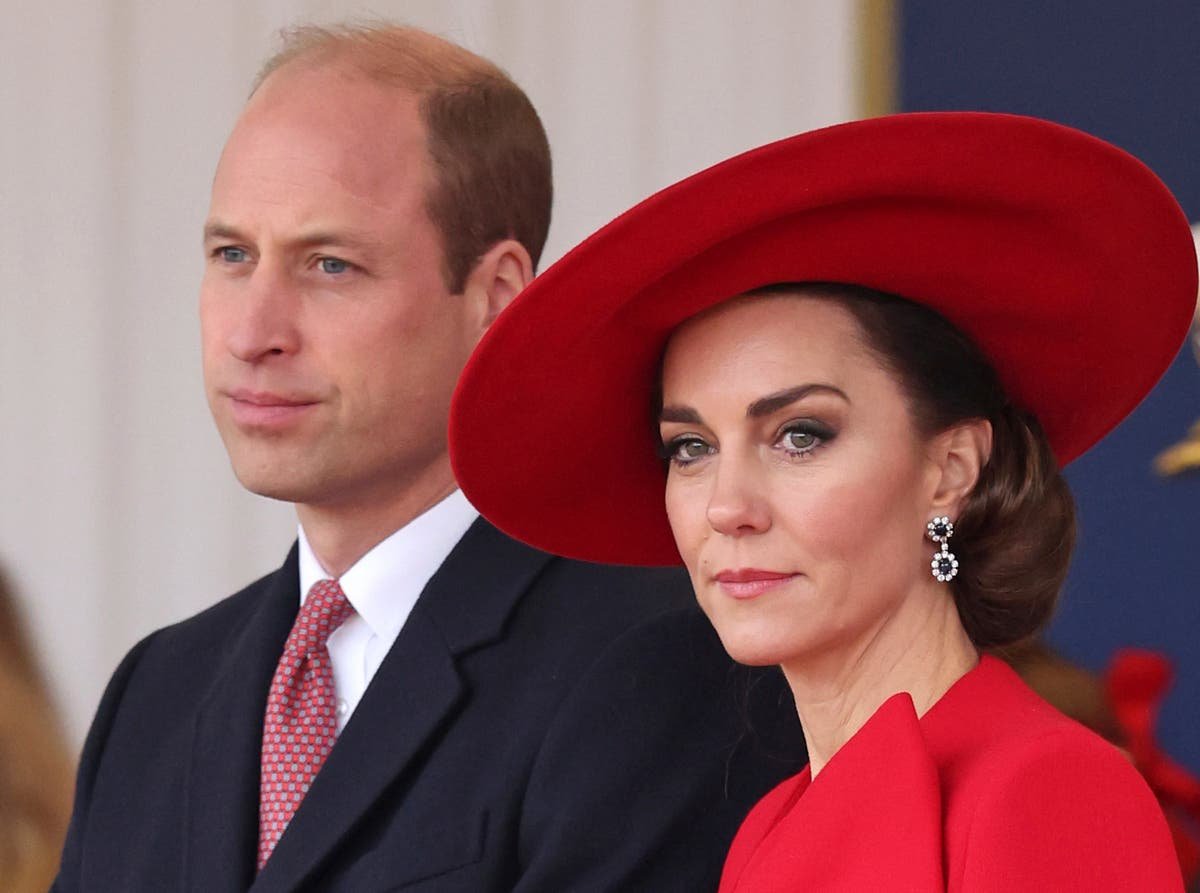Households will see their energy bills fall to their lowest level in more than two years as regulator Ofgem announced a reduction in its price cap.
The fall, which comes amid the cost-of-living crisis, will be £1,690 from April 2024 – a fall of £238 for the average dual-fuel household over the course of a year.
If you prepay for your energy, prices are also set to fall by 14 per cent to £1,643 a year, while those that pay on receipt of bill will see a 13 per cent drop to £1,796 a year.
The 12 per cent average fall is due to come into effect on 1 April and will last three months until the end of June.

(PA Wire)
The saving of around £20 a month will see energy prices reach their lowest level since Russia’s invasion of Ukraine in February 2022 which Ofgem said drove up costs for suppliers and ultimately customers.
Despite this, bills remain 49 per cent higher than pre-energy crisis levels, with figures from the charity National Energy Action showing that six million households remain in fuel poverty. This is compared to 4.5 million in October 2021.
Ofgem announced it is allowing a temporary additional payment of £28 a year, or £2.33 a month, to make sure suppliers have enough funds to support customers who are struggling.
This will be added to the bills of customers who pay by direct debit or standard credit and is to be partly offset by the end of an allowance worth £11 per year that covered debt costs related to the Covid pandemic.
Prepayment meter customers will not have to pay the extra charge, as many do not build up the same level of debt as credit customers because they top up as they go, Ofgem said.
Jonathan Brearley, CEO of Ofgem, also announced the levelisation of standing charges to remove the “PPM premium” paid upfront by those with a prepayment meter.
He said: “This is good news to see the price cap drop to its lowest level in more than two years – and to see energy bills for the average household drop by £690 since the peak of the crisis – but there are still big issues that we must tackle head-on to ensure we build a system that’s more resilient for the long term and fairer to customers.
“That’s why we are levelising standing charges to end the inequity of people with prepayment meters, many of whom are vulnerable and struggling, being charged more up-front for their energy than other customers.”
(Ofgem)
He added: “We also need to address the risk posed by stubbornly high levels of debt in the system, so we must introduce a temporary payment to help prevent an unsustainable situation leading to higher bills in the future.
“These steps highlight the limitations of the current system – we can only move costs around – so we welcome news that the Government is opening the conversation on the future of price regulation, seeking views on how standard energy deals can be made more flexible so customers pay less if using electricity when prices are lower.”
The regulator also confirmed plans to set a permanent solution to prepayment customers paying higher standing charges, which was removed by the Government’s temporary Energy Price Guarantee.
Ofgem said the solution must be funded by bill-payers rather than taxpayers, to maintain fairness, meaning prepayment customers will save around £49 per year while direct debit customers will pay £10 more each year.
Responding to the announcement, money saving expert Martin Lewis posted on X: “The new rates for 1 April have just been announced. In a nutshell, for every £100 a Direct Debit user spends on energy today, they’ll pay £87.70 for it from 1 April.
“So it’s an improvement, and predictions are it’ll drop again in July, though overall prices are still too expensive, nearly double the price of the cheapest pre-crisis.”
He unveiled his five top tips beginning with the revelation that prepay meters will become the cheapest way to pay.
He said: “Prepay standing charges have been lowered to equalise them with direct debit, yet as prepay unit rates are cheaper, that means overall for a typical user from April, prepay will be about 3% cheaper.
“Prepay, which many of the most vulnerable use, was always the rip off, so this is a staggering turn around.”
He added: “Yet before you jump to it, a word of caution… if and when proper competition returns there are rarely any prepay deals.
“All the big money and discounts are thrown out to win new direct debit customers. So I strongly suspect direct debit will stay by far the overall cheapest for people who switch, but for those who don’t, it’ll be prepay.”
(Ofgem)
Ofgem’s price cap affects almost 30 million households in England, Wales and Scotland.
The regulator sets the maximum amount that suppliers can charge for each unit of gas and electricity but not the total bill.
The cap was introduced by the government in 2019 to ensure energy bills accurately reflected the cost of energy.
Over the last two years, it has significantly risen causing financial issues for a number of households across the country. In 2022, in rose from £1,215 in January to £1,877 in April, before reaching £3,371 in October.










